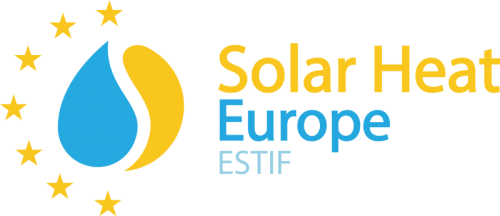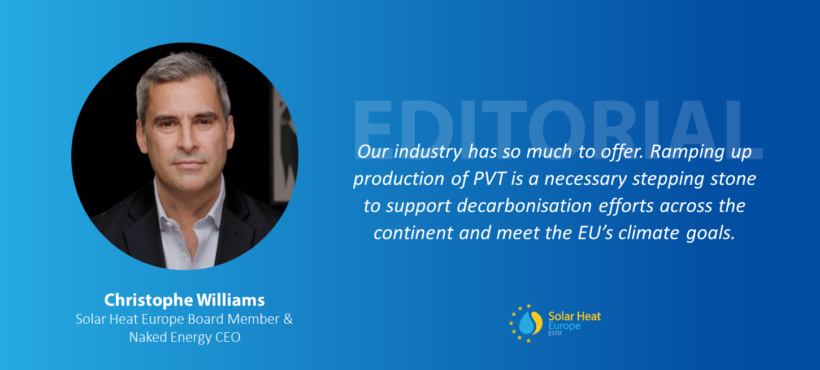The EU’s carbon emissions in Q2 2023 amounted to 815,58 mtCO2e, a 5.3% decrease compared to the previous Q2. While this is a positive development, it is important to remember that this is still a significant amount of carbon emissions for a single quarter.
Reducing carbon emissions is challenging, especially when it comes to heat, because it needs to be generated close to where it’s used. Heating and cooling in the commercial and industrial sectors are responsible for about half of the sector’s total emissions, which is around 80% of all emissions (669 million tonnes of CO2 equivalent in Q2 2023).
Decarbonising heating and cooling of buildings in the commercial and industrial (C&I) sector is a particular challenge. Many buildings in this sector do not have a lot of space for renewable energy technologies. Additionally, many industrial facilities are outdated and oversized, they use more energy than they need, as they were designed in a time when fossil fuels were abundant, and prices were cheap.
Re-designing these with carbon free solutions in mind requires the assessment of all existing renewable energy technologies.
Solar thermal presents a technology which is well suited to meet the C&I sectors’ needs for heat decarbonisation, of course.
A promising solar thermal technology for the sector is PVT (photovoltaic thermal) solar collectors. This is a specialised product category providing simultaneous PV electrical and solar thermal output.
Whereas PV alone provides high value energy (electricity) with low efficiency, and solar thermal alone provides lower value energy (heat) with high efficiency, PVT provides both the quality and quantity of energy from the same aperture, leading to a better overall value generation per m2 of roof space.
Today, the case for PVT can be seen in many different projects across Europe, whether it’s on leisure centres in Barcelona or multi-dwelling apartment buildings in concert with heat pumps and boreholes in France.
PVT delivers for the sector, however growth isn’t anywhere near fast enough.
Ramping up production of PVT is a necessary stepping stone to support decarbonisation efforts across the continent and meet the EU’s climate goals. For Naked Energy as a PVT manufacturer, it is encouraging and motivating to see peers such as Abora, Dualsun and Sunmaxx PVT ramping up European production, too.
Our industry has so much to offer. Our innovative and patented products are easy to integrate either with solar PV, or other heat sources such as heat pumps or boilers. An investment into solar thermal is an investment into future proofing a building as our products operate well alongside other technologies.
We are also a European net exporter and can be proud on having significant positive impact on heat decarbonisation in our domestic markets and internationally. These markets benefit from reduced carbon emissions, shock resilient businesses and communities as well as the generation of green jobs along the entire value chain.
However, our sector has not received nearly enough support from the European Union or the member states. While we notice increased interest for Solar Heat for Industrial Process (SHIP) projects from industry, we also face red tape from governments for planning permissions and the winding down of subsidy schemes in many countries.
Ensuring increased support for our members is Solar Heat Europe’s biggest task. With decarbonisation plans already set in motion, our sector stands ready to contribute, but this can only happen with proper support and recognition of our potential to drive these plans forward.
Christophe Williams,
Board Member of Solar Heat Europe & CEO of Naked Energy


Leave a Reply